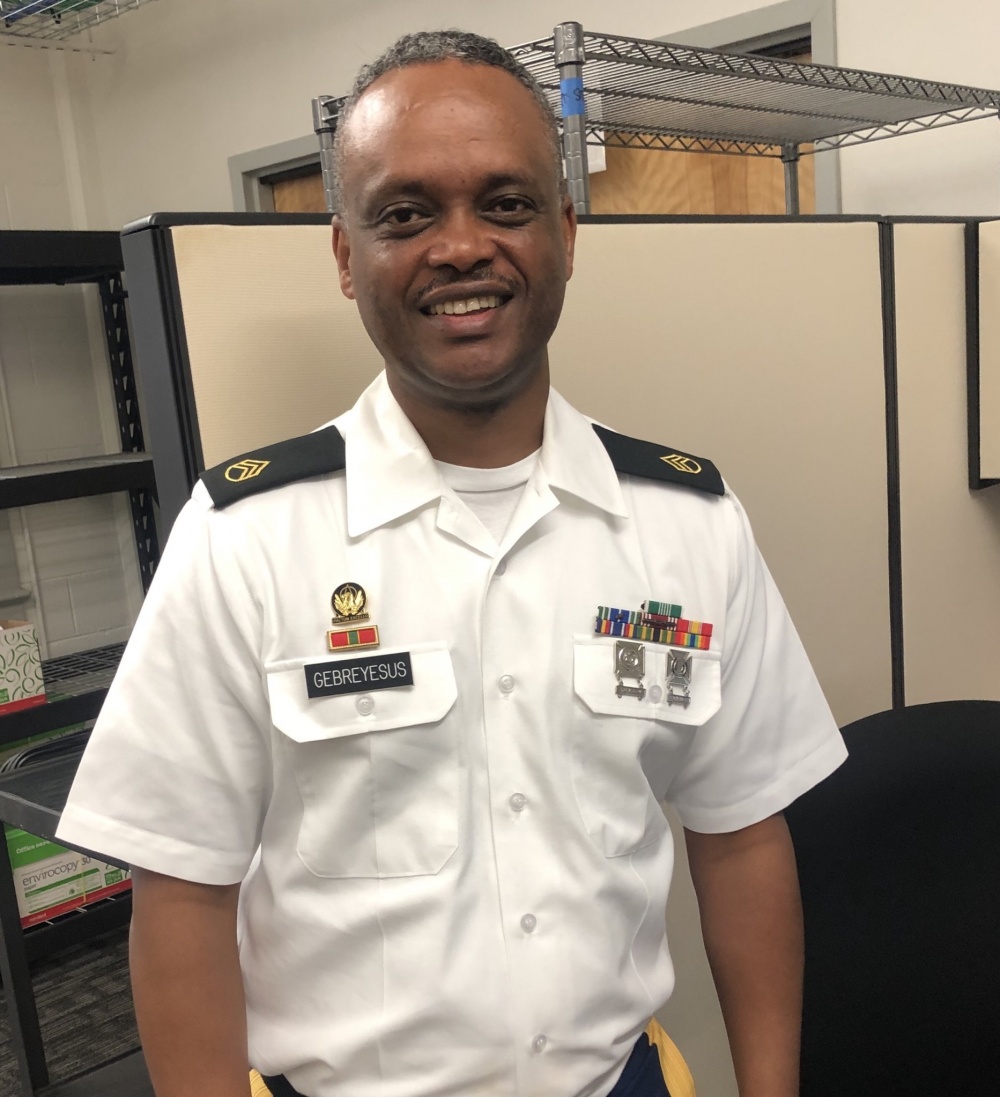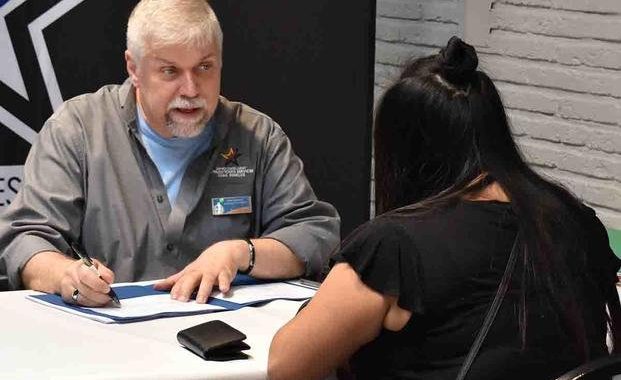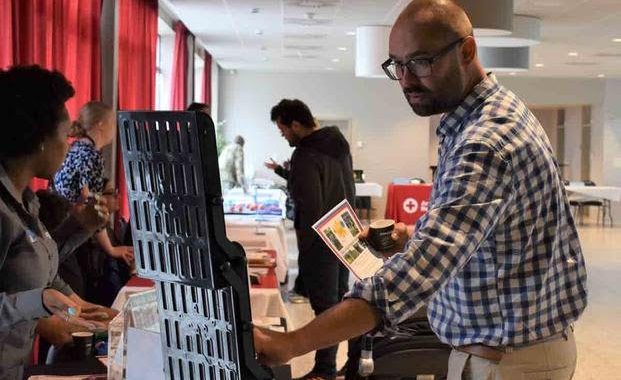Education Never Depreciates
5 min read
UNITED STATES
Courtesy Story
U.S. Army Acquisition Support Center
By Susan L. Follett
The average person could get tired just reading about everything that Staff Sgt. Dawit Gebreyesus has accomplished in the past several years to achieve his goal of joining the acquisition workforce as a contracting noncommissioned officer (NCO).
“I went to school full time while working full time,” said Gebreyesus, who at the time was a medical laboratory technician stationed at Fort Detrick, Maryland. “I did PT [physical training] with my unit in the morning, worked all day, and went to school in the evening, for three and a half years,” during which time he earned bachelor’s and master’s degrees. “After my master’s degree, I went back to school and got a graduate certificate in government contracting.”
His determination to get to Army acquisition was sparked by a conversation with a coworker while at Fort Detrick. “The acquisition career field serves each and every warfighter’s needs—subsistence, weapons, equipment, computers, etc. That was very appealing to me,” he said. “Contracting is a promising and ever-evolving career field. It has great opportunities within the Army and on the civilian side after service.”
He transitioned from active duty to the Army Reserve nearly three years ago, and joined the Army Acquisition Workforce in 2018. He graduated from 51C school in December 2018. His Army Reserve assignment puts him with the 921st Contracting Support Battalion, in a yearlong program that provides Army Reserve Soldiers with the year of experience required to obtain Level I certification. “Most Soldiers in the Reserve do not work in the contracting field as civilians,” said Gebreyesus, who will complete the program in February 2020. “So this program is a great way for us to get the certification and pursue the career field. Without it, it would have been difficult for me to get my certification, so I am grateful I had the opportunity.”
As a member of the 921st Contracting Support Battalion, Gebreyesus is part of a team that provides contractual support to all units in the U.S. Army Pacific. The team also supports the Theater Security Cooperation Program, disaster relief evacuation exercises and the Pacific Pathways program. “Since all these missions are overseas, they are a good opportunity to learn more about contingency contracting,” Gebreyesus said.
In his civilian capacity, Gebreyesus is a budget analyst for the U.S. Army Reserve 364th Expeditionary Sustainment Command, and before joining the Army, he was an accountant in the private sector. “My position as a budget analyst and my experience as an accountant make it easier for me to understand how the contracts are funded; what account the money is coming from, the restrictions each account has in terms of expiration and availability of funds, etc.,” he said. “I am also familiar with tools like GFEBS [the General Fund Enterprise Business System] and the Defense Travel System, and most requirements and purchase requests we receive are created on GFEBS. Therefore, my experience as a budget analyst for an Army G-8 shop is an additional advantage for me in mastering contracting.”
Given the breadth of the acquisition career field, his experience comes in handy. “On any given day, you could get requirements for computers, or medical equipment, for example, or weapons,” said Gebreyesus. “Therefore, it requires a little bit of knowledge about everything. Every day is a new day in acquisition. It never gets boring, and I’m always learning something new and valuable. That dynamic nature is what makes it interesting.”
With much of his schooling behind him, Gebreyesus is looking to repay those who’ve helped him get where he is. “The Army has done a lot for me, and I have benefited in many ways. I completed all my undergraduate and graduate classes through the GI Bill with no debt. For me to be able to deploy and contribute in satisfying the warfighters’ requirements is one way of paying it forward.”
Another way he pays it forward is mentoring and advising younger Soldiers. “Acquisition is a promising and growing career field, within and outside of the Army, and I try to encourage Soldiers to join the workforce whenever I get the chance,” he said. He recently talked to an Army Reserve Soldier who was interested in reclassifying to 51C, answering his questions and offering to review his application. “He had some concerns about the board requirements and if he would be able to make it. I encouraged him to apply and see what happens,” Gebreyesus said. “The selection process depends on the level of completions in a particular board. The Soldier I spoke with fulfills all the minimum requirements, so he has a good chance of being selected.”
With just a year of experience under his belt, Gebreyesus noted that his work as a contracting NCO “is exceeding my expectations. I always wanted to have a career where I can learn every day. Acquisition and contracting is that field. Every day is different, and every requirement is different. Now that I am here, I am enjoying every minute and learning as much as I can.”
And learning, he added, is vitally important. “The only property that never depreciates in value is education. If you’re willing to learn, every day has a lesson to teach us. Learning is especially important in the acquisition career field—if we don’t learn, we will be left behind. Technology is changing every day, and we have to keep up and continue to evolve.”
“Faces of the Force” is an online series highlighting members of the Army Acquisition Workforce through the power of individual stories. Profiles are produced by the U.S. Army Acquisition Support Center Communication and Support Branch, working closely with public affairs officers to feature Soldiers and civilians serving in various AL&T disciplines.





